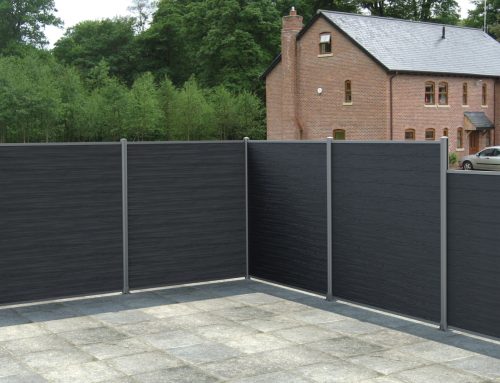In the quest for environmentally friendly building materials, Rinato decking boards emerge as a leading choice for homeowners and developers alike. These innovative decking solutions offer not only durability and aesthetic appeal but also boast impressive eco-friendly credentials. In this blog, we delve into the sustainable features of Rinato decking boards, exploring how they contribute to eco-conscious construction and stylish outdoor living spaces.
Made from Recycled Materials
Rinato decking boards are crafted from recycled wood and plastic, making them an excellent example of sustainable building materials. By repurposing waste products, Rinato helps reduce the demand for virgin resources, thus minimising the environmental impact associated with extraction and processing of raw materials. This recycling process also contributes to waste reduction, diverting materials that would otherwise end up in landfills.
Long-Lasting and Low Maintenance
The longevity of a product is a crucial aspect of its environmental impact. Rinato decking boards are designed to last, offering a durable alternative to traditional wood decking, which often requires frequent replacement and maintenance. These boards resist warping, splitting, and fading, maintaining their appearance and functionality over many years with minimal upkeep.
The low maintenance nature of Rinato decking further enhances its sustainability. Unlike wooden decking, which typically requires regular treatments with chemicals to prevent rot and insect damage, Rinato boards need only occasional cleaning with soap and water. This not only saves on resources and reduces the use of harmful chemicals but also cuts down on the time and labour involved in deck maintenance.
Energy Efficient Production
Rinato decking boards are manufactured using methods that aim to reduce energy consumption. The production process is streamlined to limit energy use, and because the materials are recycled, the energy required to produce Rinato boards is significantly lower than that needed for new plastic or wood products. Energy efficiency in manufacturing not only helps conserve resources but also reduces greenhouse gas emissions, contributing to a lower carbon footprint.
100% Recyclable at the End of Their Lifespan
An often-overlooked aspect of sustainable materials is their disposability. Rinato decking boards are not only made from recycled materials but are also fully recyclable. At the end of their long service life, the boards can be recycled once again, ensuring that the materials continue to be used and remain out of the waste stream. This closed-loop cycle is pivotal in building sustainable practices that contribute to a circular economy.
Supporting Biodiversity
Rinato’s commitment to sustainability extends beyond the materials and production process. The use of recycled plastic in their decking boards means fewer trees need to be cut down, preserving forests and the biodiversity within them. Forests play a critical role in carbon sequestration and are home to a vast array of wildlife; by choosing alternative materials like Rinato, we help protect these vital ecosystems.
Conclusion
Rinato decking boards offer a compelling choice for anyone looking to combine style with environmental responsibility. Their use of recycled materials, energy-efficient manufacturing, low maintenance needs, and recyclability make them a standout option in sustainable building materials. By choosing Rinato for your decking projects, you’re not just creating a beautiful outdoor space—you’re also making a positive impact on the environment. As more individuals and businesses choose sustainable options like Rinato, we move closer to a greener, more sustainable future in construction.






